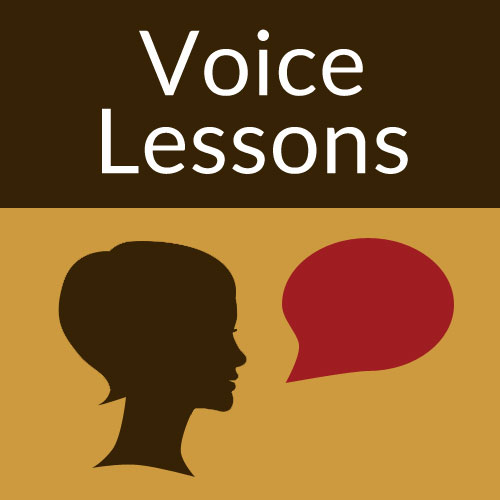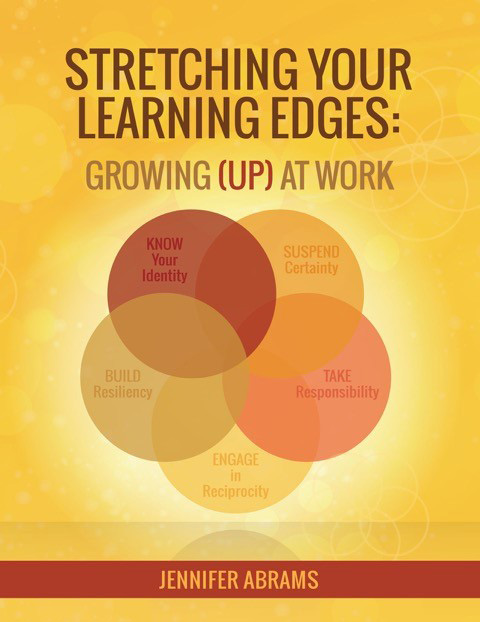Being Self-Aware and Other-Focused
November 7, 2016

I was at a conference (surprise) this past week and I was in a moment of whiny-ness (again, not a surprise). I was frustrated at the actions (actually inactions) of a colleague. My friend said to me, “Jen, not everything is about you.” A smack of reality yet again.
It isn’t about us. A lot of the time. And yet, I would stretch our thinking to suggest that we do need to think about ourselves more often AND do so in the spirit of self-awareness. This is not a ‘spin’ to suggest to you to become self-absorbed, but rather more self-aware – big difference. If we are told to ‘let peace begin on earth and let it begin with me’ then we need to do a lot of reflection.
I have been working with colleagues outside the USA lately, as well as in regions with those who are more conservative religiously and politically than I am. The work has asked me to become more self-aware. Who am I? What are the parts of my identity I take for granted which I don’t truly study, but instead take for granted as ‘truth’ when that might not be the case? Through what filters of perception I am seeing the actions of others? Am I judging situations blindly based on my upbringing? What biases are getting in the way of my communicating effectively? Self-awareness of my gender, race, regional affiliation, culture and so, so many other parts of myself impacts my ability to understand and be understood and it does so in a HUGE way.
One gentleman in a recent workshop listened to my assertion that we need to know ourselves and learn to understand others – to become more allocentric and other-focused. His comment was, “I don’t need to know others beyond their position, their job expectations and their role. What matters is what the organization is to do and that we do our job. Don’t really need to know anything else about with whom I work.” Ouch.
I, too, believe in clarifying expectations and follow through. In responsibility and clarity. In accountability for professional expectations. And, in care for the individuals with whom we work.
Do you know yourself? Your triggers and areas in which you feel threatened? Do you know what your strengths are? Your learning edges? Your learning style? How your upbringing affects what you currently value? Do you know your colleagues? Where they have triggers and concerns? How they see the world? We cannot judge ourselves by our intentions and others simply on their actions. They too have insecurities and fears. Concerns and worries. Needs and wants they might not overtly articulate.
Again, it isn’t all about you, but it is essential that you know yourself because you show up at work everyday with bias, belief and unspoken bottom lines. AND, we need to also understand what motivates our colleagues in order to be more compassionate and humane.
So I will keep ‘dropping out of the sky’ and intentionally place myself in locations in which I have not been, and go outside my comfort zone to push my thinking. There is an urgency to the empathy we need to build in this world for both the inner and outer peace we all need. Self-awareness and allocentrism are both critical. Deep breaths, everyone.
Cool Resources
LAST SHOUT OUT! The Women in Leadership Institute is this month and we would love to see you in New Orleans November 16-18 at the Westin Canal Place. I am looking forward to meeting with colleagues who inspire me to talk about being a female leader. We invite you to join us.
“I have yet to see a seminar in suffering as part of a leadership training program.” A great and true line from the essay, “Thirteen Ways of Looking at Community” from the great Parker Palmer. I am noticing a lot of suffering in those with whom I work. So much resistance from those in the communities in which they serve. So much pain inside the leaders who try to lead them. In this essay, Parker Palmer inspires us to ‘keep on keepin’ on’.
Courtney Martin’s self-revealing essay, A White Parent’s Lament, no doubt resonates with many well-meaning white liberals out there who want what’s best for their children and all children, in that order. Martin writes, “In short, I’ve come to believe that as long as elite parents feel justified in an all-consuming focus on their own children’s advancement, the whole country will remain deeply and immorally unequal.” The essay could be used as fodder for discussion at many a PTA meeting or an equity workshop. Pair it with ‘Only White People,’ said the Little Girl from Topher Sanders at the New York Times and let me know what you think.

